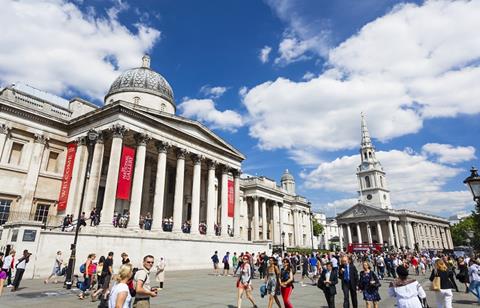
The Employment Tribunal (ET) has ruled in favour of 27 claimants previously employed by art museum the National Gallery, stating that these individuals should have been classified as workers, rather than self-employed contractors.
This difference in status would have enabled the former staff members to access employment rights such as holiday pay, sick pay, a workplace pension and maternity pay, which are currently not available for self-employed individuals.
The claimants, who ceased working at the National Gallery in October 2017 after their employment arrangements were ended, did not receive holiday pay, sick pay, a workplace pension or maternity pay for the duration of their tenure, despite having paid taxes through the payroll system as employees.
According to Ince Gordon Dadds, the law firm which represented the claimants, the judge stated: “It is unreal to describe the dealings between the parties as transactions in which the gallery stood as the client or customer of any business undertaking carried on by any of the lead claimants. In short, the claimants worked for the gallery as members of its team of educators.”
The law firm stated that it believes that this is the first employment status case to have included a public sector organisation rather than a private sector one.
Marie van der Zyl, partner at Ince Gordon Dadds, said: “This is an important case for all those who have unconventional working arrangements. The world of work is changing and there will be many individuals who are unsure of their status and rights. This case gives those individuals hope.”
Adam Ohringer, specialist employment barrister at Cloisters, added: “We have become accustomed to private employers denying workers their legal rights. This is a wake-up call to the public sector and, I am sure, the first of many cases in which public bodies will be challenged over the misclassification of their staff and the circumvention of employment rights.”
Neil Tonks, legislation expert at software and outsourcing services provider MHR, said: “The ruling in the case of the National Gallery and the NG27, as they have become known, is another example of how the evolving workplace and new agile models of working have left many workers seeking clarity about their employment status.
“Having paid their taxes through the organisation’s payroll, the judge has ruled that the claimants shouldn’t have been classified as freelancers, but rather workers who should be entitled to benefits, including paid holiday and sick pay.
“It will be interesting to see if the rights are backdated, as this could have serious cost implications for the Gallery.”
The National Gallery was unavailable for comment at the time of publication.











